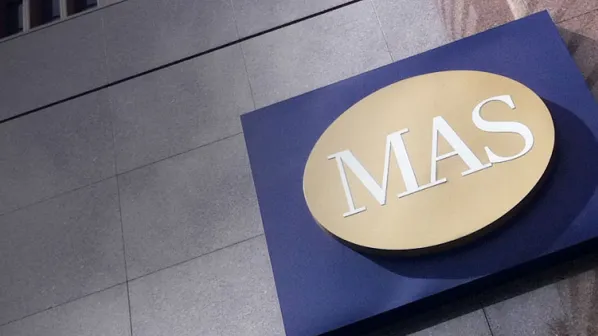
MAS zeroes in on digitalisation to strengthen financial resilience
A MAS executive warns of increased cyber attacks against insurers.
Funding the push for digitalisation and setting cybersecurity guidelines is the Monetary Authority of Singapore’s response in its bid to strengthen financial resilience.
Speaking for MAS at the 4th ASEAN Insurance Summit, Daniel Wang, executive director of the insurance department, said they observed that the insurance industry has turned to offerings in digital platforms and ecosystems developed by non-financial institutions to gain wider access to new customers whilst some AI and machine learning (AI/ML) to enhance operational processes such as in fraud detection, and to accelerate claims processes.
To further support this, MAS announced a digital acceleration grant in April for Singapore-based life insurance and general insurance agencies. This grant will allow MAS to co-fund 80% of qualifying expenses incurred from 1 April until the end of the year.
To qualify, insurers must not have more than 200 appointed representatives, agents and employees. Life Insurance agencies must submit their DAG applications through the main insurer whilst general Insurance agencies must be registered with ACRA for at least 6 months prior to the application date, and be registered with the Agents' Registration Board. Applications started on 1 October and will be until 31 December.
Cyber threats
However, Wang warned that although the development and utilisation of digital tools and systems are good, this could also lead to the insurance industry being exposed to new threats.
“The tactics and techniques of cyber-attacks targeting insurance companies are changing and becoming more sophisticated. Recent cyber breaches of third party software from vendors such as SolarWinds have highlighted the increased sophistication of cyber-attacks and risk of supply chain attacks,” Wang said
In April, US-based information technology firm SolarWinds was subjected to a cyberattack that spread to its clients and even went undetected for months.
Wang warned that ransomware attacks have become even more threatening as they were often accompanied by the extraction of sensitive information and threats to publish such information.
MAS is taking this kind of threat to the industry that’s why they stepped up their responses by issuing a notice of “cyber hygiene” to set out the baseline level of cybersecurity safeguards the insurance industry should have.
According to MAS, 90% of cyber incidents that occurred globally and in Singapore were due to poor cyber hygiene.
MAS also published technology risk management guidelines in January to highlight the best practices in cybersecurity and in June, issued recommendations to help advise and address technology and cybersecurity risk associated with public cloud adoption.
“This was in response to more financial institutions and insurance, adopting cloud services to fulfill their business and operational requirements. As cybersecurity developments continue to evolve, MAS will continue to monitor and adjust our regulatory position accordingly,” Wang said.



















 Advertise
Advertise









